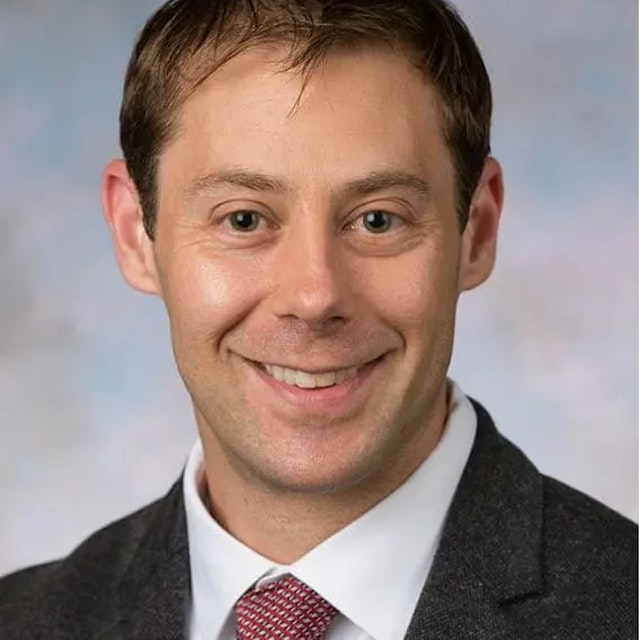Becoming a board-certified oncology pharmacist requires advanced education and training beyond pharmacy school and experience working in oncology (cancer). These pharmacists may also be referred to as Heme/Onc pharmacists, short for hematology/oncology pharmacists. They specialize in hematology (studying and treating the physiology of blood and cancerous blood disorders or diseases) and oncology (studying and treating solid tumors of bones and other tissues). There are currently over 4000 board-certified oncology pharmacists.
This article will explore becoming a board-certified oncology pharmacist, where oncology pharmacists work, and what they do.
What is an Oncology Pharmacist?
Oncology pharmacists specialize in managing medications used in cancer treatment. They work closely with oncologists, nurses, and other healthcare professionals to provide patients with safe and effective drug therapy. Their role includes everything from drug selection, dosing, and monitoring to managing side effects and ensuring proper medication adherence.
Becoming a Board-Certified Oncology Pharmacist
To become a board-certified oncology pharmacist, pharmacists must obtain a Doctor of Pharmacy (Pharm.D.) degree from an accredited college or university. After graduation, they must have a current and active license to practice pharmacy in the United States, have completed a minimum of four years of practice experience in oncology pharmacy, or a general 1-year pharmacy residency with two years of practice experience in oncology pharmacy, or a general 1-year pharmacy residency with a second 1-year pharmacy residency specializing in oncology pharmacy. While graduation from a pharmacy residency program is not required, such a residency provides advanced training in chemotherapy, supportive care, and pain management.
Once the requirements are met, pharmacists can apply to take the Board of Pharmacy Specialties (BPS) Oncology Pharmacy Specialty Certification Examination. This exam tests pharmacists' knowledge and skills in the field of oncology pharmacy, including drug therapy management, patient care, and disease management.
Where Do Oncology Pharmacists Work?
Oncology pharmacists work in various settings, including hospitals, clinics, cancer centers, and infusion centers. They may also work in research and academic institutions, where they conduct clinical trials and develop new cancer treatments.
In these settings, oncology pharmacists collaborate with healthcare teams to provide specialized drug therapy to cancer patients. They work closely with oncologists, nurses, and other healthcare professionals to ensure that patients receive the best possible care while managing and minimizing the adverse effects of cancer treatments.
What Do Oncology Pharmacists Do?
Oncology pharmacists play a critical role in the management of cancer patients. They are responsible for a range of tasks, including:
Medication management: Oncology pharmacists select and manage drug therapies for cancer patients. They ensure that patients receive the correct dose of medication and monitor them for any side effects or drug interactions.
Patient care: Oncology pharmacists work closely with cancer patients to ensure they receive the best possible care. They educate patients on their medications, provide support and counseling, and monitor their progress throughout treatment.
Disease management: Oncology pharmacists work with healthcare teams to develop treatment plans for cancer patients. They help to manage the disease by providing medications to control symptoms, reduce pain, and improve quality of life.
Research: Oncology pharmacists may also conduct research on cancer treatment. They participate in clinical trials and contribute to developing new treatments and therapies.
Treatments for hematologic and oncologic disorders are extremely complex. This area of medicine is one of the fastest-growing research areas, leading to significant drug approvals in recent years. Many of these therapies affect crucial organs, including the heart, lungs, kidneys, and liver, and proper monitoring is essential. Also, many of these medications have the potential to cause significant side effects, so management of side effects to enable the continuation of therapy is also vital.
Each type of cancer will have a different treatment protocol and unique considerations. Many therapies also affect fertility, so family planning and cryopreservation of sperm or eggs may be necessary. Personalized medicine and targeted therapies are also very common in this space, and specialized knowledge is crucial. Providing thorough patient education is extremely important in this patient population, and oncology pharmacists are leaders.
Closing Thoughts on The Oncology Pharmacist
Becoming a board-certified oncology pharmacist requires advanced education, training, and experience. These highly skilled professionals are critical in managing cancer patients, providing specialized drug therapy, patient care, and disease management. They work in various settings, including hospitals, clinics, cancer centers, and research institutions. Oncology pharmacists are essential to the healthcare team, ensuring that cancer patients receive the best possible care.
References:
American Society of Health-System Pharmacists. Oncology Pharmacy Specialty. Available at: https://www.ashp.org/Professional-Development/Board-Certification/Oncology-Pharmacy-Specialty. Accessed on March 8, 2023.
Board of Pharmacy Specialties. Oncology Pharmacy Specialty Certification Examination. Available at: https://www.bpsweb.org/oncology/. Accessed on March 8, 2023.
American College of Clinical Pharmacy. Oncology Pharmacy. Available at: https://www.accp.com/. Accessed on March 8, 2023.
